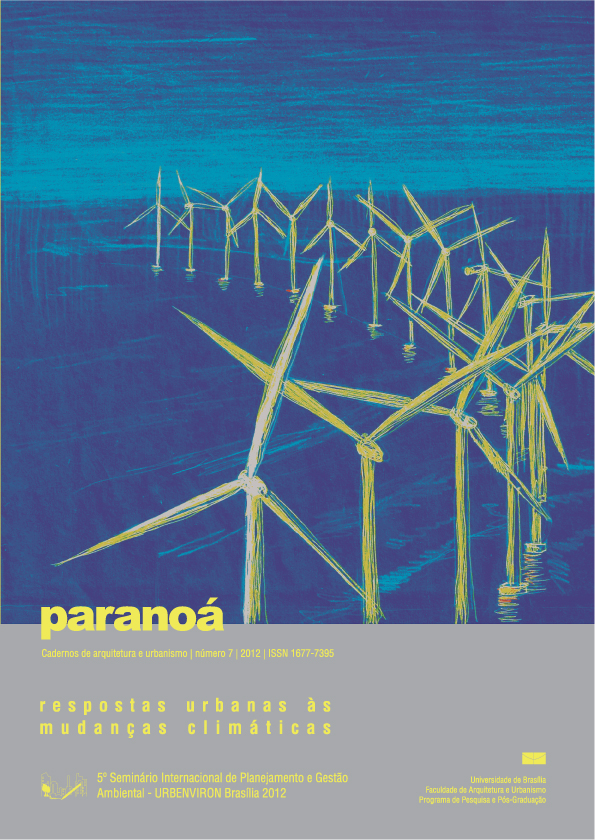O papel da universidade na gestão de resíduos sólidos: o caso da Universidade Federal de Minas Gerais - UFMG
DOI:
https://doi.org/10.18830/issn.1679-0944.n7.2012.12317Keywords:
Solid wastes management, Academy, New orders and attitudesAbstract
This century brought many demands to the solid wastes management in Brazil. Concerning some specific producers (such as, for example, health services and industrial enterprises), laws are much harder, and there is a strong pressure to recycling of household wastes ”“ although its enforcement may take a lot of time. Universities play a fundamental role in society: at the same time they create and diffuse knowledge, and must be a reference in terms of attitude, forming students, either as professionals as as citizens. This study tries to relate what happens in the Federal University of Minas Gerais and in the city of Belo Horizonte in terms of solid wastes management. The essay considered external demands (federal, state and local laws, environmental and urban management actions in the city, of public attorneys and the society) and internal dispositions (university administration and academic community), trying to establish links between the city and the University. The premise is that academic community members tend to behave in the same way as ordinary citizens, not excerting the power of diffusers of knowledge that are transformers of the society
Downloads
Downloads
Published
How to Cite
Issue
Section
License
Autores que publicam nesta revista concordam com os seguintes termos:
- Autores mantém os direitos autorais e concedem à revista o direito de primeira publicação, com o trabalho simultaneamente licenciado sob a Licença Creative Commons Attribution que permite o compartilhamento do trabalho com reconhecimento da autoria e publicação inicial nesta revista. http://creativecommons.org/licenses/by/4.0
- Autores têm autorização para assumir contratos adicionais separadamente, para distribuição não-exclusiva da versão do trabalho publicada nesta revista (ex.: publicar em repositório institucional ou como capítulo de livro), com reconhecimento de autoria e publicação inicial nesta revista.
- Autores têm permissão e são estimulados a publicar e distribuir seu trabalho online (ex.: em repositórios institucionais ou na sua página pessoal) a qualquer ponto antes ou durante o processo editorial, já que isso pode gerar alterações produtivas, bem como aumentar o impacto e a citação do trabalho publicado (Veja O Efeito do Acesso Livre).















